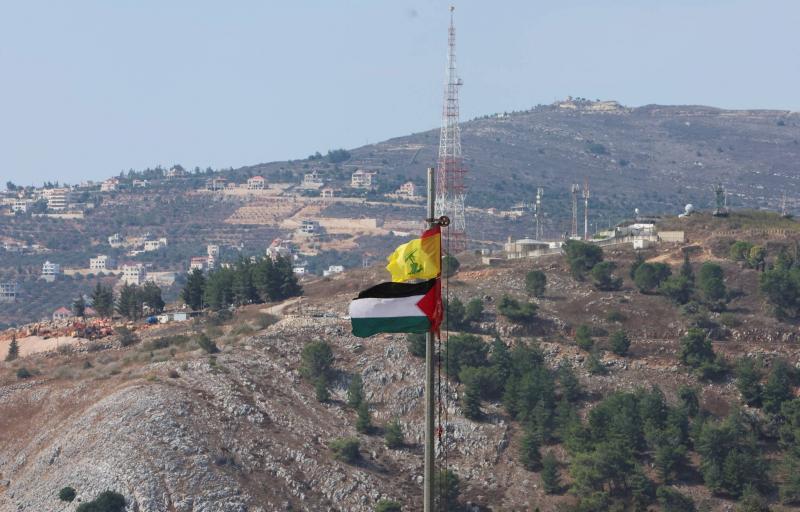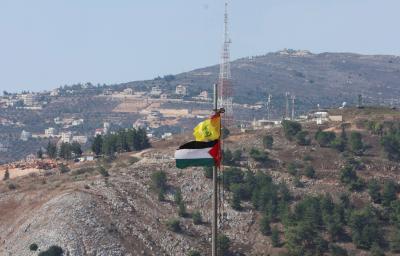What stands out today is that most analysts, journalists, political writers, and media kitchens are engaging in interpreting the leader of "Hezbollah," Hassan Nasrallah's, decision to break his long silence, focusing on timing, implications, and dimensions. They compete in attempts to deduce what he will say and announce after noon next Friday. I do not claim to own Diogenes' lamp, Ali Baba's magic lantern, or the skill of handkerchief jugglers to interpret the nuances of his speech and the motivations behind his emergence into the public after a long withdrawal, but I do possess the right to analyses, comparisons, and deductions to sense the realistic and possible position amid the transformative and ambiguous geopolitical and strategic situation that governs the region.
The simplest rational objective observation leads to the conclusion that the timing of Nasrallah's appearance is not linked to a qualitative shift or a revolutionary event in the Gaza crisis and its repercussions on the situation in southern Lebanon, but rather to the need for a media presence to contain the pressures and questions within "Hezbollah" and the "Resistance Axis" first, and the criticisms and bullying from outside them, namely from their local and regional adversaries, second.
As for the content of what he will say and announce, it cannot be foundational, meaning that it will not outline a strategy or war plan for the forthcoming phase but will be descriptive of the previous phase that spans two hundred seventy days until his appearance. It is obvious that this description will focus on two issues: the victory of "Hamas" on October 7, and Hezbollah’s engagement in the northern front of Israel, not igniting it, while noting the martyrdom of dozens along the path to Jerusalem, extending condolences to their families and community.
The question is: Why is it not expected that he will talk about the new phase of the war except through traditional slogans like "obliterating Israel's existence," "uniting the arenas," and "responding in the appropriate time and place"? The answer is that he is effectively not the decision-maker; rather, his reference point in Tehran is engaged in negotiations and bargains, having lowered its expectations to the level of seeking a settlement.
Nasrallah is entitled to address what has happened rather than what will happen. This red line was drawn by Iran through its Foreign Minister Abdollahian when he visited the southern suburb three weeks ago and preempted "its arm's" initiative to speak. The truth is that Nasrallah does not have an answer to a central question: Why did he not seize the precious opportunity at the moment of "Hamas's" victory and Israel's instability to fulfill "his true promise" of invading the Galilee to surround the enemy from the north and south towards Jerusalem?
He may have justifications for losing this strategic opportunity with a series of points: the timing was not favorable, a decision of this gravity should be made with a cool head and not under fire pressure, the timing is not closed but open to the future of the conflict, and the "Resistance Axis" decides collectively.
In summary, Nasrallah's anticipated speech cannot be decisive in the situation of Lebanon, Gaza, and the region, nor can it date what came before and after as his supporters wish and hope; it is merely a moral and political compensation for what has passed, and not a program, course, or plan for what is to come.




